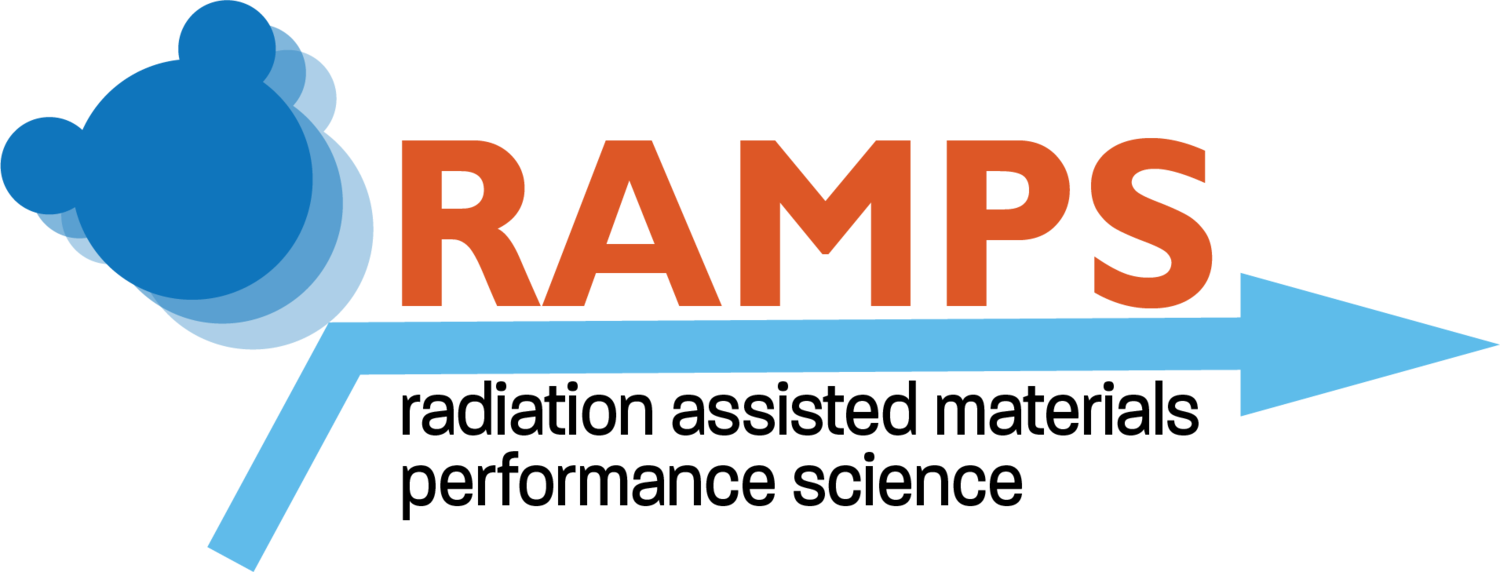Rose Karimihaghighi, a PhD candidate in the Wren Group, has just been awarded an OGS scholarship. Congratulations, Rose!
Rose's research involves studying the effect of pH, temperature, ionic strength, and γ-radiation on corrosion and oxide formation on pure (> 99.95%) nickel and Alloy 600. These materials are widely used in the nuclear industry due to their tendency to form corrosion-resistant oxide films. They are exposed to gamma-radiation and radiolysis products in the coolant flowing from the reactor core. In order to improve the fundamental understanding of the corrosion of these alloys, the kinetics of metal oxidation and oxide formation are being studied by performing various experiments.

















